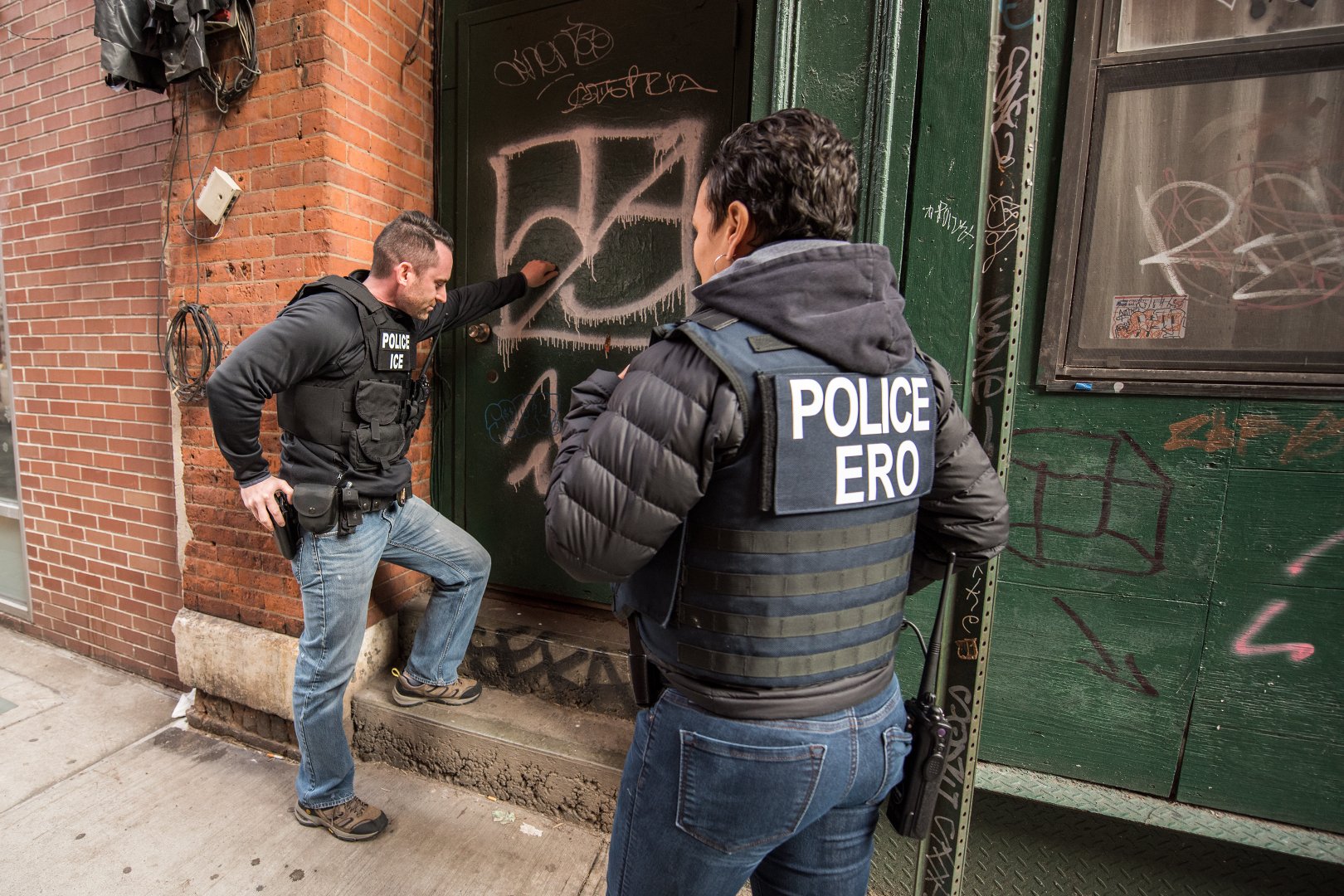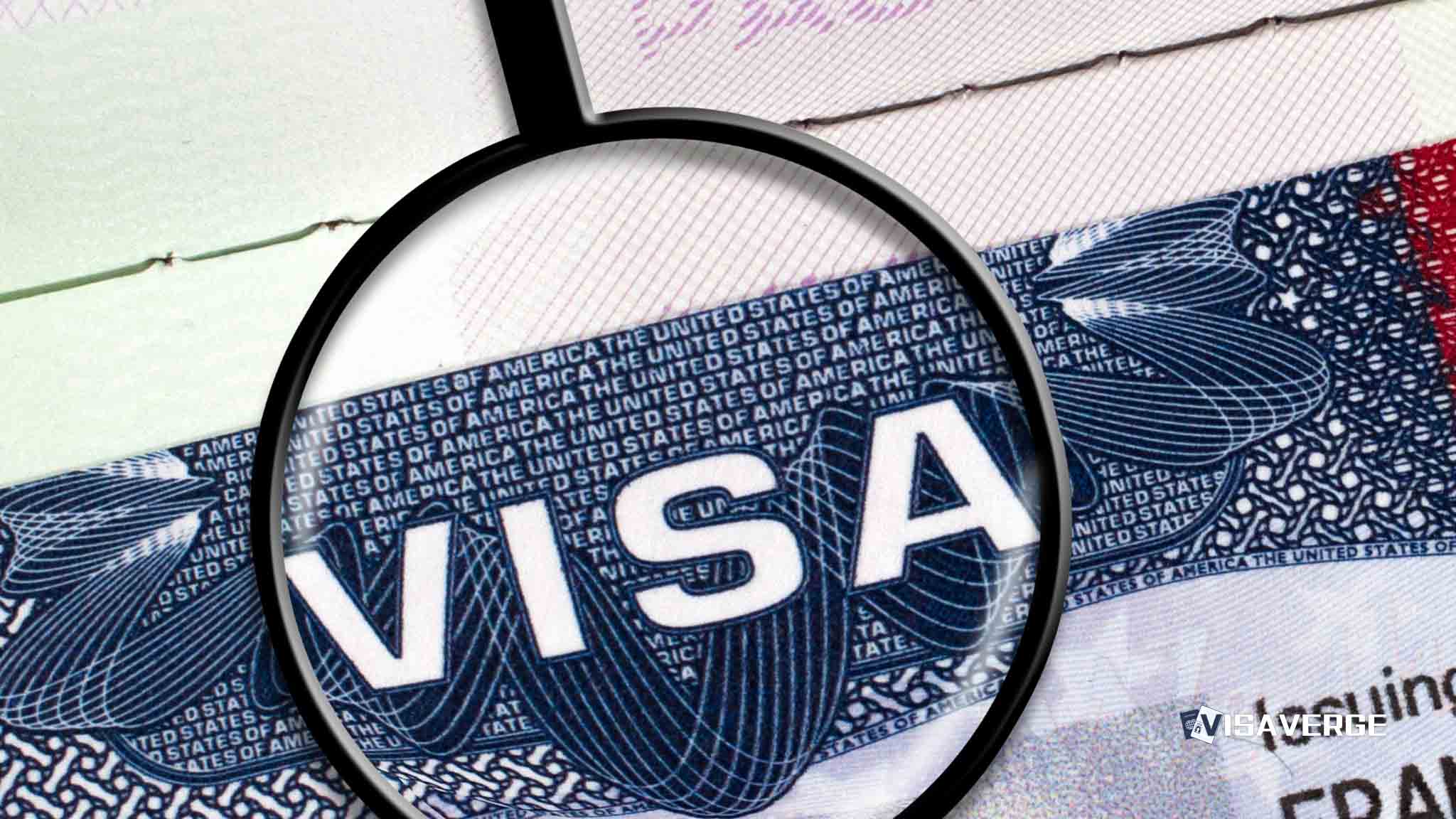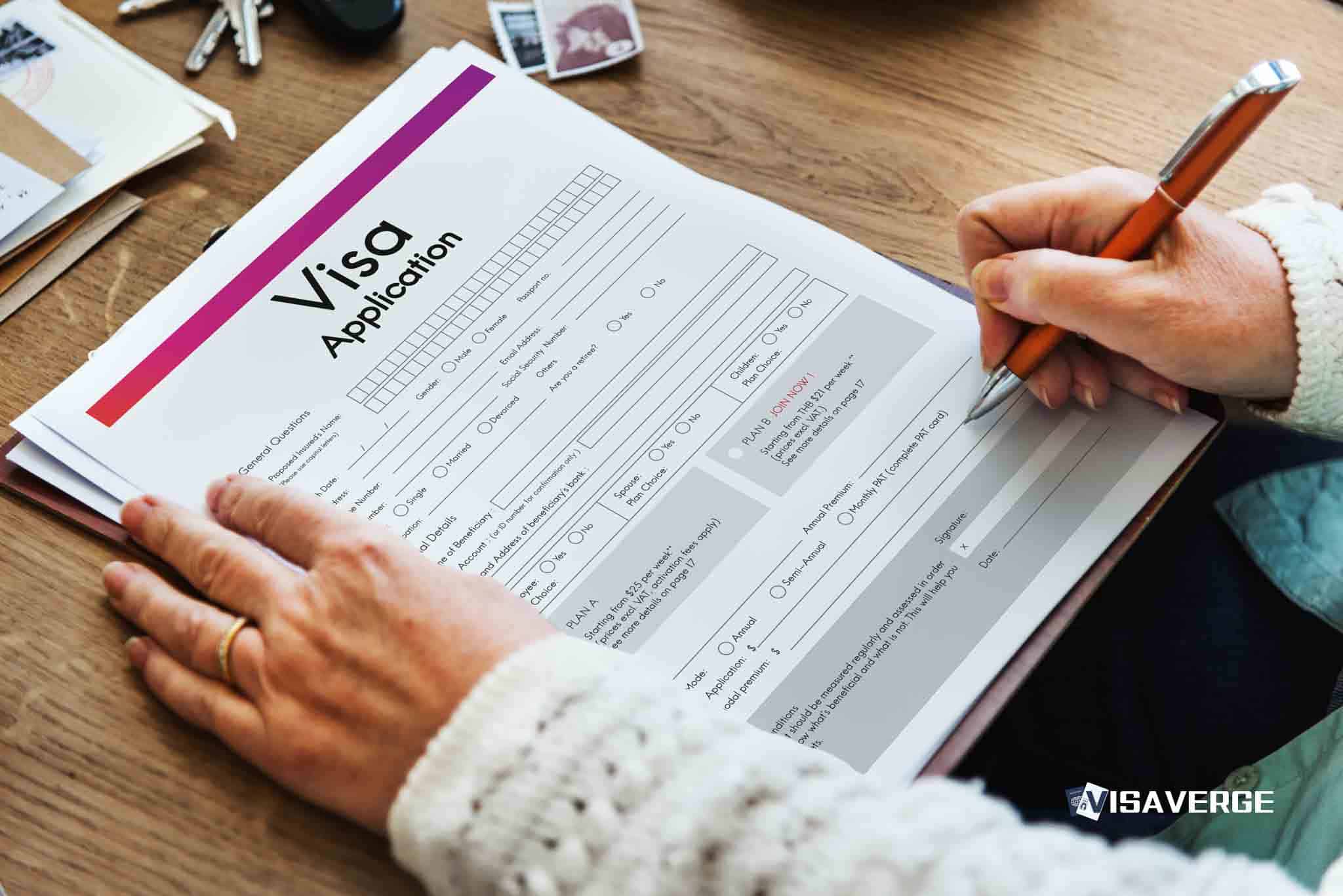Key Takeaways
• Mississippi allows qualified non-citizens Medicaid/CHIP after five years, with exceptions for refugees and asylees.
• Undocumented immigrants receive only emergency Medicaid; state prohibits their driver’s licenses or IDs.
• Driver’s licenses for non-citizens are valid up to four years and renew in person only.
Mississippi’s Benefits and Restrictions for Non-Citizens: Healthcare, Medicaid, and Driver’s Licenses
Mississippi, like many states in the United States 🇺🇸, has its own set of rules and policies that affect non-citizens living within its borders. These rules shape who can get healthcare, who can apply for Medicaid, and who can receive a driver’s license. As of July 2025, Mississippi’s approach is generally strict, especially toward undocumented immigrants. This guide explains what non-citizens can expect in Mississippi, focusing on healthcare, Medicaid, and driver’s licenses, and offers practical steps for those navigating these systems.

Understanding Non-Citizen Status in Mississippi
Before diving into the details, it’s important to know who counts as a non-citizen. In Mississippi, non-citizens include people who are not U.S. citizens. This group covers lawful permanent residents (often called “green card” holders), refugees, asylees, people with certain visas, and undocumented immigrants. Each group faces different rules when it comes to state benefits.
Healthcare Access for Non-Citizens in Mississippi
Healthcare is a major concern for many non-citizens. Mississippi follows federal guidelines, but the state also has its own rules that affect who can get help.
Medicaid and CHIP for Non-Citizens
Medicaid is a government health insurance program for people with low incomes. CHIP (Children’s Health Insurance Program) helps children in families who earn too much for Medicaid but still need help paying for health care.
- Qualified Non-Citizens:
Mississippi allows “qualified non-citizens” to apply for Medicaid and CHIP. Qualified non-citizens include lawful permanent residents (green card holders), refugees, asylees, and some other protected groups. However, most lawful permanent residents must wait five years after getting their status before they can get Medicaid or CHIP. There are exceptions for refugees and asylees, who can get coverage right away. -
Income and Residency Requirements:
Even if someone is a qualified non-citizen, they must also meet income and residency rules. This means they must live in Mississippi and have a low enough income to qualify. -
Undocumented Immigrants:
Mississippi does not offer Medicaid, CHIP, or any state-funded health coverage to undocumented adults or pregnant people, no matter their income or situation. The only exception is emergency Medicaid, which covers emergency medical conditions but nothing else. -
Recent Changes:
In 2025, Mississippi passed the Mississippi Rural Regional Health Authority Act (SB2881) to improve healthcare delivery in rural areas. However, this law does not expand healthcare coverage for non-citizens or undocumented immigrants.
Practical Implications for Non-Citizens
- Lawfully Present Non-Citizens:
If you are a lawful permanent resident, refugee, or asylee, you may be able to get Medicaid or CHIP after the five-year wait (unless you qualify for an exception). You must also meet income and residency rules. -
Undocumented Immigrants:
If you are undocumented, you cannot get Medicaid or CHIP in Mississippi. Your only option for public coverage is emergency Medicaid, which is very limited. You may need to look for private insurance or visit community health clinics for basic care. -
No Recent Expansions:
There have been no new laws in 2024 or 2025 that expand public health coverage for undocumented immigrants in Mississippi.
Driver’s Licenses and Identification for Non-Citizens
Having a driver’s license is important for daily life, from getting to work to taking children to school. Mississippi has clear rules about who can get a license.
Eligibility for Driver’s Licenses
Non-citizens can get a driver’s license or state ID card in Mississippi if they provide the right documents. Here’s what you’ll need:
- Valid Immigration Documents:
Bring your I-94 (arrival/departure record), visa, or resident alien card. These documents prove your legal status. -
Application Form:
Fill out the official application form, which you can get at a Driver Service station or on the Mississippi Department of Public Safety website. -
Proof of Identity:
You’ll need your original birth certificate or another accepted proof of identity. -
Social Security Number (SSN):
If you have a Social Security Number, bring your card or an official letter showing your full SSN. If you don’t have an SSN, you’ll need to provide extra documents and information. -
Proof of Mississippi Residency:
Bring two documents that show you live in Mississippi, like a utility bill or lease agreement. -
Legal Name Documents:
If your name has changed, bring legal documents (like a marriage certificate) to show the change.
License Validity and Renewal
- Length of Validity:
The driver’s license or ID card for non-citizens is valid for the length of your authorized stay in the United States 🇺🇸, up to a maximum of four years. -
Renewal Process:
Non-citizens must renew their license in person at a Driver Service station. You cannot renew online. You must bring all your immigration documents again. Renewal is only allowed within 30 days before your license expires.
Restrictions for Undocumented Immigrants
Mississippi law does not allow undocumented immigrants to get a driver’s license or state ID. The state has strict rules that require proof of legal presence in the United States 🇺🇸. In 2025, lawmakers introduced bills to make these rules even stricter, including penalties for transporting undocumented immigrants and making it a crime to forge documents. While some of these bills did not become law, they show the state’s ongoing focus on limiting benefits for undocumented immigrants.
Application Requirements for Non-Citizens Without an SSN
If you are a non-citizen and do not have a Social Security Number, you must provide:
- Your full name, date of birth, and a physical description
- Your current address in Mississippi
- Your driving history from other states or countries (if available)
- Extra documents to prove your identity and legal presence
You can find more details and the official application process on the Mississippi Department of Public Safety Driver Service Bureau website.
Voting and Citizenship Verification
While voting is not a benefit like healthcare or a driver’s license, it’s important to know that only U.S. citizens can register and vote in Mississippi. The state uses strict verification methods to check citizenship. Under House Bill 1510, the Secretary of State checks voter registrations against state and federal databases to confirm citizenship. Non-citizens, including lawful permanent residents and undocumented immigrants, cannot vote in any elections.
Comparing Benefits: Lawfully Present vs. Undocumented Immigrants
To make things clearer, here’s a simple comparison of what lawfully present non-citizens and undocumented immigrants can access in Mississippi:
| Area | Lawfully Present Non-Citizens | Undocumented Immigrants |
|---|---|---|
| Healthcare | Medicaid/CHIP after 5-year wait (exceptions apply); no state-funded coverage for undocumented adults | No public health coverage; emergency Medicaid only |
| Driver’s License | Eligible with valid immigration documents; license valid up to 4 years; in-person renewal required | Not eligible; illegal presence disqualifies issuance |
| Voting | Must prove U.S. citizenship via state and federal databases | Not eligible to vote; strict verification enforced |
Real-World Examples
Let’s look at a few examples to show how these rules work in real life:
- Maria, a Lawful Permanent Resident:
Maria moved to Mississippi from Mexico 🇲🇽 two years ago and received her green card. She cannot get Medicaid yet because she has not met the five-year waiting period. She can, however, apply for a driver’s license by bringing her green card, proof of address, and other required documents to the Driver Service station. -
Ahmed, a Refugee:
Ahmed arrived in Mississippi as a refugee from Syria 🇸🇾. Because refugees are exempt from the five-year Medicaid waiting period, he can apply for Medicaid right away if he meets the income and residency rules. He can also get a driver’s license with his refugee documents. -
Juan, an Undocumented Immigrant:
Juan has lived in Mississippi for five years but does not have legal status. He cannot get Medicaid, CHIP, or a driver’s license. His only option for healthcare is emergency Medicaid or visiting community clinics.
Practical Guidance for Non-Citizens in Mississippi
If you are a non-citizen living in Mississippi, here are some steps you can take:
- For Healthcare and Medicaid:
- Check if you are a qualified non-citizen (lawful permanent resident, refugee, asylee, etc.).
- If you are, see if you meet the income and residency rules for Medicaid or CHIP.
- Remember the five-year waiting period for most lawful permanent residents.
- If you are undocumented, look for community health clinics or emergency care. You can also visit Healthcare.gov’s immigrant coverage page for more information about private insurance options.
- For Driver’s Licenses:
- Gather all required documents before visiting the Driver Service station.
- Make sure your immigration documents are up to date.
- If you do not have a Social Security Number, prepare extra documents to prove your identity and legal presence.
- Remember, you must renew your license in person and only within 30 days before it expires.
- For Voting:
- Only U.S. citizens can register and vote. Non-citizens are not eligible.
Official Resources and Contacts
If you need more help or want to check the latest rules, here are some official contacts:
- Mississippi Department of Public Safety (Driver Services):
driverservicebureau.dps.ms.gov
Phone: (601) 987-1234 -
Mississippi Division of Medicaid:
medicaid.ms.gov
Phone: (601) 359-6050 -
Mississippi Secretary of State (Voter Registration):
sos.ms.gov
Phone: (601) 359-1350 -
Healthcare.gov (Immigrant Coverage Information):
healthcare.gov/immigrants
Stakeholder Perspectives and Legal Context
Mississippi’s strict approach to non-citizen benefits is shaped by both state officials and advocacy groups:
- State Officials:
Governor Tate Reeves and Secretary of State Michael Watson have both stressed the need for strict citizenship checks for voting and licensing. They argue these steps protect public safety and election integrity. -
Advocacy Groups:
Groups that support immigrants say Mississippi’s rules are too harsh, especially for undocumented immigrants. They argue that denying healthcare and driver’s licenses can hurt public health and make roads less safe, since people may drive without a license or insurance. -
Legal Trends:
Mississippi’s laws match a broader trend in conservative states to limit benefits for undocumented immigrants. While some bills to make rules even stricter have failed, the state’s overall approach remains firm.
Future Outlook
Looking ahead, there are no signs that Mississippi will expand healthcare coverage for undocumented immigrants. Lawmakers continue to propose bills to limit benefits and increase penalties for those who help undocumented immigrants, but these efforts face political challenges. For now, the state is likely to keep its current policies, with only small changes possible if political leaders change.
Key Takeaways for Non-Citizens
- Healthcare:
Lawfully present non-citizens may get Medicaid or CHIP after a five-year wait, unless they qualify for an exception. Undocumented immigrants can only get emergency Medicaid. -
Driver’s Licenses:
Non-citizens with valid immigration documents can get a license, but undocumented immigrants cannot. Renewal must be done in person. -
Voting:
Only U.S. citizens can register and vote. Mississippi uses strict checks to enforce this rule. -
No Major Changes Expected:
Mississippi is not expected to expand benefits for non-citizens or undocumented immigrants in the near future.
For more detailed information about Medicaid eligibility for immigrants, visit the official Medicaid website.
As reported by VisaVerge.com, Mississippi’s policies reflect a cautious and restrictive approach to immigration, especially for undocumented immigrants. Non-citizens should stay informed about their rights and responsibilities and use official resources to guide their decisions.
If you are a non-citizen in Mississippi, it’s important to gather all necessary documents, know your eligibility, and seek help from official agencies when needed. While the rules can be strict, understanding them can help you make the best choices for yourself and your family.
Learn Today
Medicaid → A government insurance program for low-income individuals often requiring eligibility by income and citizenship status.
Qualified Non-Citizen → A legal immigrant allowed benefits like Medicaid after meeting conditions such as residency and waiting periods.
Emergency Medicaid → Limited Medicaid coverage for emergency medical conditions available to undocumented immigrants.
Driver Service Station → State facility where residents apply for, renew, or replace driver’s licenses and identification cards.
Social Security Number (SSN) → A unique number issued by the U.S. government, required for certain identification and benefits.
This Article in a Nutshell
Mississippi restricts healthcare and driver’s licenses for non-citizens. Qualified immigrants access Medicaid after waiting five years, while undocumented immigrants get emergency care only. Licenses require legal status and documents, valid for up to four years. Strict voter verification excludes non-citizens from elections, reflecting the state’s conservative immigration policies.
— By VisaVerge.com













